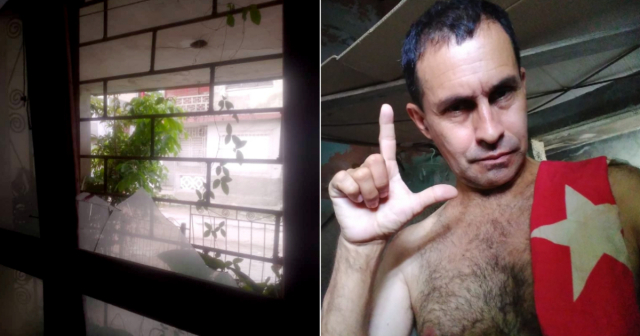The prominent Cuban writer, poet, and spontaneous rapper Alexis Díaz-Pimienta expressed his support for reguetón and called for greater collaboration with artists in the genre, as he believes this could enhance the quality of the lyrics.
Díaz-Pimienta is probably the only Cuban who has participated in the international project "Aprendemos Juntos 2030," initiated by Banco Bilbao Vizcaya Argentaria, S.A. (BBVA). In the talk, he showcased his improvisational skills and shared several techniques for language development and creativity.
However, one of the topics that captured the audience's attention the most was his defense of reggaeton. This genre is highly controversial due to its lyrics, which are often labeled as crude, sexist, and misogynistic.
"It's a social phenomenon, and we can't turn a blind eye to it. It's a rhythm that activates the basal ganglia, a part of the brain directly linked to pleasure and movement, which is why it is danced all over the world," he commented.
He drew a parallel with poets from other eras who address themes of sex or scatology in their works, and are studied at universities without anyone blushing.
"I do not wish to defend what has happened in the realm of reggaeton lyrics, but rather to invite those who disagree, who are not satisfied, to take advantage of the fact that this rhythm reaches millions of young people who will continue to dance to it, and let’s change the linguistic landscape," he said.
The writer explained that he noticed the musical tastes of his students in a "Poetic Improvisation" course, and it was then that he understood the need to take a different approach to the urban genre and the lyrics of its songs. He set to work creating a curriculum for "Intelligent Reguetón."
"It is music that generates an undeniable bodily energy. It is a genre that has undergone a very curious evolution, from being censored on the radio to prohibitions on dancing to it," he remarked, emphasizing that despite the challenges, no media outlet or government has been able to halt reggaeton.
Díaz-Pimienta urged writers, producers, and musicians to take greater responsibility in creating songs and to be more open-minded in fostering collaborations with artists from the urban genre and Latin pop in a broader sense.
"Let's not leave the space empty; let's collaborate to create better lyrics in the genre," said the poet, who reminded us that misogyny, machismo, and vulgarity are present in many music genres, not just reggaeton.
What do you think?
COMMENTFiled under:
